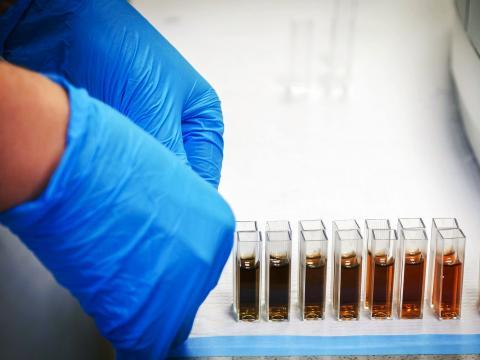
Date: Thursday 13th of February at 12:30 in Askja, room N-132
Title: Diverse roles of the autophagy gene ATG7 in health and disease
Speaker: Margrét Helga Ögmundsdóttir, Professor at Faculty of Medicine, University of Iceland
Abstract: The essential mammalian gene, ATG7, has been widely studied in connection with autophagy. Autophagy is a degradation pathway in which macromolecules and organelles are captured into autophagosomes and delivered to the lysosome for degradation. The degraded material is then reused by the cell, or surrounding cells, for anabolic purposes. ATG7 is required for the formation of autophagosomes through the conjugation of ATG8 proteins to lipids. We have previously identified a short isoform of ATG7, termed ATG7(2) in contrast to the full-length ATG7(1), that lacks this lipidation activity. ATG7(2) therefore lacks the characterized autophagy activity of the protein. We have found that ATG7(2) binds metabolic proteins and has inhibitory effects on glycolysis. Interestingly, we have observed that ATG7(2) plays an important role in human pancreatic cancer, and phenotypes observed in fruit flies point towards important roles in central carbon metabolic function. It appears that ATG7 has roles beyond autophagy with a switch between catabolic and anabolic function depending on cellular stress status. I will discuss our results from cell culture and Drosophila models and put our novel emerging ideas into context.
